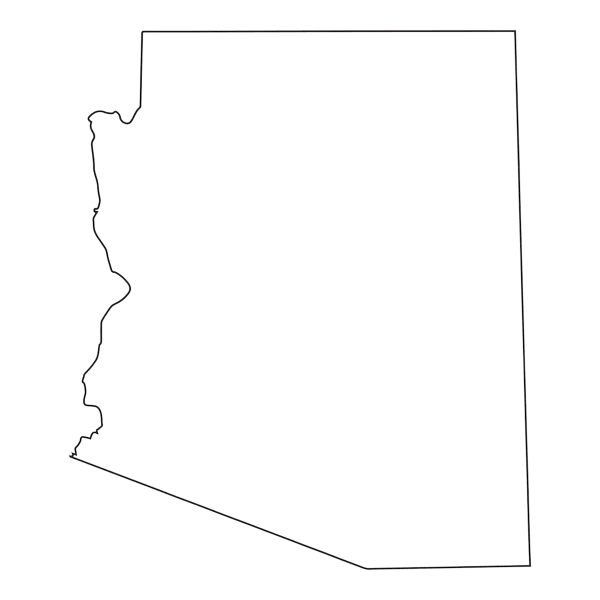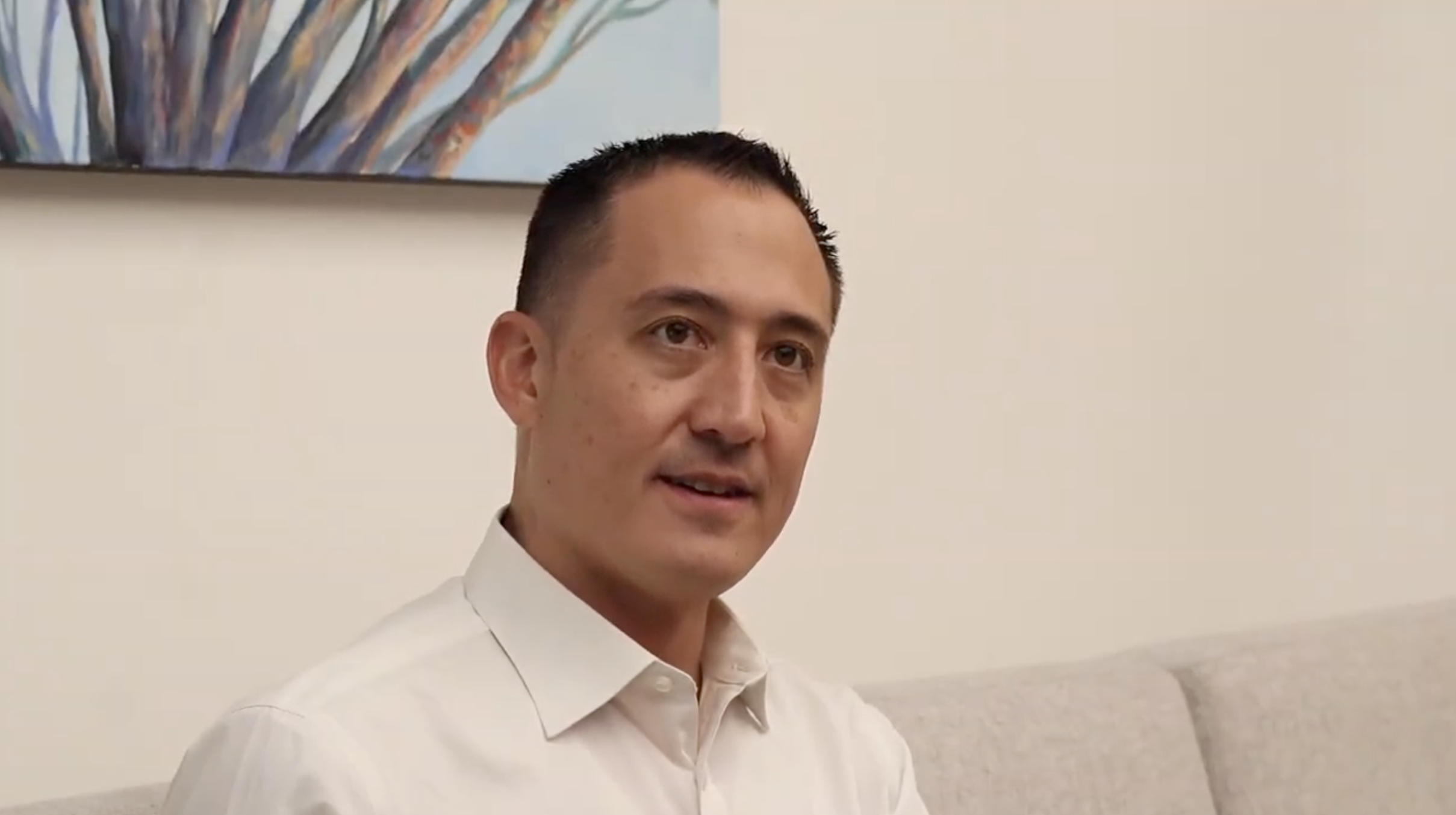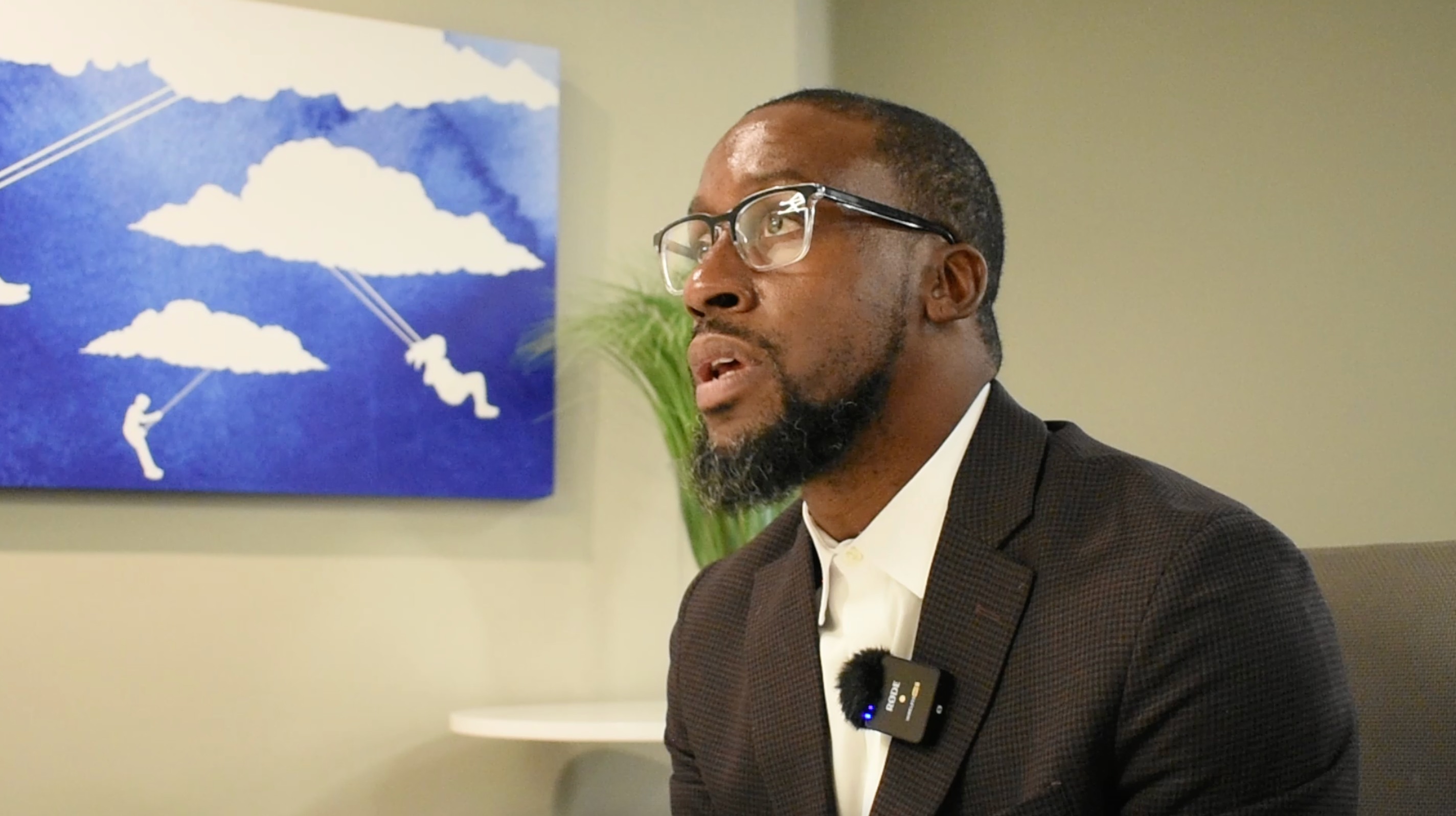
brandi bonner
On the role of today's teachers
You're not being paid to just educate anymore. You're being paid to babysit. You're being paid to be the counselor. You're being paid to do what the parents should do. We're feeding kids sometimes. We're helping them figure out what they should do in life, what path. And that's not, we shouldn't be part of that discussion as much as unfortunately we're brought into it now.
On the impact of teachers
We all have that one, we all have at least one teacher, one coach, one somebody that was part of our lives that you will forever remember. Forever because of how awesome they were, and it doesn't matter why. Because they listened to you, because they didn't make you go out to recess when the kids were being mean to you that day, because they found a way to make Shakespeare cool, because they knew you were shy and didn't make you read out loud. Whatever it was, you have a teacher and you know how that impacted you, because you don't even remember your neighbor's name, but you remember your third grade teacher, you know?
crystal danzy
On charter schools vs Public Schools
We're really curious about the freedom that a lot of teachers get at charter schools and how it not only kind of they think it makes their students' education better, it just makes them happier to teach. Yeah, you do. One of the things that I shared with my team now is some of the differences that I've seen working in a charter and working in a district school. It is the ability to make decisions in a moment, to be able to make a pivot when you need to make a pivot without so many hands in the pot.
The autonomy that charter schools provide can be liberating for educators who want to respond quickly to their students' needs. When teachers have the freedom to adjust their approach based on what's happening in the classroom, they can create more dynamic and responsive learning environments. This flexibility is something that many district schools struggle to provide due to bureaucratic constraints and standardized requirements.
stacy booher
On teaching salaries
When I went to the principal and they were like, yeah, your salary is frozen. And I'm like, what does that even mean? I'd never heard of this term. And they said, you're not getting a raise this year. And I said, but on the contract, it says that I get $1,000 each year. I get $1,000. It's automatic. And they said, no, that's just on paper. That's not guaranteed. It depends on what the government does and what the funding is and all that. I was like, okay. So we were frozen for several years.
On dealing with disrespect
I had a student that cheated on a test. And so when I talked to the dad, he's like "she already told me she didn't cheat and you accused her of it." And I was like, I have proof that she cheated. And he said "I don't believe you." And so finally I said "can you call her in to the room and put her on speaker?" And so I said to her, "you can tell your dad or I can tell your dad. But we know, you and I both know what you need to tell your dad." And she said to her dad, "I cheated." And the dad was like, "my god, I'm so sorry" because he had been screaming at me.
allie leach
On how teacher morale affects students
And I've inevitably over 10 years have had other experiences where if the teachers aren't happy, the students notice it and they'll say they don't seem as excited this year, or they seem stressed this year. And that energy is going to feed off on the students as well and it could make them feel similarly. So I definitely think that the working conditions and the way that teachers are treated feeds off to the students.
On the importance of teacher well-being
When we talk about improving education, we often focus on curriculum, technology, and testing. But we rarely address the most critical factor: teacher well-being. Teachers who feel supported, respected, and valued create classroom environments where students thrive. The emotional state of a teacher directly impacts the learning experience of every student in that classroom.
The research is clear - schools with high teacher satisfaction show better student outcomes across all metrics. It's not just about retention or preventing burnout; it's about creating the conditions where teachers can bring their best selves to work every day. When teachers are thriving, students are more engaged, more motivated, and more successful.
crystal henning
On growing as a teacher
And it's hard because as teachers, we don't get paid the way we should. And when you're living paycheck to paycheck and also doing student loans and also doing this, and some kiddo tells you that you suck, you know, like, it's hard. You know, we don't, and I had to learn, like, I'm not their friend. I am their mentor. I am their advocate. I am their counselor. I'm their teacher. I'll be their mom. I'll be their sister or whatever. I'm not their friend. And when I finally got that through my school, I became a better teacher because I wasn't trying to be liked. I was trying to help them.
On public vs charter schools
I think no matter what we're going to have public schools. think charter schools are just an easier way for students to get more one on one. Where for those students they need that. They need that more one on one connection versus having seven different teachers. And then also too, because we're in a block system, we also have lot longer periods. I know at the public school it's like 48 minutes. I don't even think I can get through notes in 48 minutes sometimes.
katy gazda
On reframing the teaching profession
If we can change the view, way we view teachers, we are going to draw these amazing teachers who lie in corporate worlds and in industry into the teaching profession. And that's only going to completely accelerate student success. Because like you said, you loved your mother as a teacher because she just was truly good teacher. Well there's truly good teachers all over but we're going to have to reframe how we view teachers in society to attract those natural-born teachers who never considered teaching into the educational world of teaching.
On a teacher's relationship with caregiving
With every word that we use in media comes a connotation. So the word caregiver sometimes leans on just there to babysit and provide basic needs. Teachers are absolutely that. Almost every good and provide basic needs. Teachers are absolutely that. Almost every good teacher I know, right, has a basket of toiletries or food items that a kid needs, so basic care. But there's a higher level of caregiving that teachers do on the mental health realm. And then in the career development and the human development.
And those are the aspects that as a teacher we know and administrators know because we're constantly going through professional development of that. But society might not always know. And so to reframe the high level of character development that goes into caregiving that teachers do may be a way to kind of give a better scope of what teachers are in society.
darnetta conley
On adapting to different learning styles
What if I have a bunch of kinesthetic learners? Maybe we need to be cutting out vocabulary words and making flashcards than just sitting there reading them. When teaching is reduced to following a script, we lose the ability to respond to our students' individual needs and learning styles.
As curriculum administrators, we need to balance standardization with flexibility. Teachers need the freedom to adapt lessons to their classroom's unique dynamics while still meeting educational standards. The most effective teaching happens when educators can bring their expertise and creativity to the curriculum, not when they're simply reading from a script.
On the teaching shortage
Now that there's a shortage, there was a scrambling, right? So that means that they're just taking somebody with a lower type of education or not any experience and putting them in the classroom, right? But yet they're still doing the same thing, not supporting them, the bureaucracy of it. And then that, you know, that teacher leaves. And so it's just a cycle, like, you know, they're just getting them in there. Some of them don't have the exact education. But they're like close enough or they can teach elective. And so even, you know, I feel like sometimes we just hire anyone or they'll put a long-term sub in there.
vance danzy
On the undervalued teaching profession
But the teaching profession is a noble profession that is severely under looked, that people don't think of. If you can point out any successful person who hasn't had a teacher, I would be shocked. You can't name one.
When we consider the impact teachers have on society, it's remarkable how little recognition they receive. Every profession, every skill, every form of knowledge is passed down through teaching. The most successful people in any field had teachers who believed in them, challenged them, and helped shape their thinking. Yet we continue to undervalue this critical profession both culturally and economically.
On going into the teaching profession
Just to restate the call to action, if you are an educator and you're looking to go into this profession, make sure when you go into an you interview the people interviewing you. That is important. That is, I don't ever want to interview a teacher who doesn't have questions about who we are as a culture, who we are as a school. You're going into some place that you're going to need to feel supported. You're going into a place that you want to be. And if you go into an interview and it's cold and it's not welcoming, it's probably not going to be the best place to work. Know about what you're looking, what you're going into. Have questions prepared and have fun with it. mean, working with young people, it's absolutely a blast.
corey dixon
On teaching students to listen well and be heard
I'm excited to impart on my students this philosophy I'd like for them to take to their classrooms beyond mine, which is to listen well and be heard. I think that's something that kids, especially younger kids, struggle with is actually paying attention to what's being said by their teachers, by their peers, by whoever they're surrounded with because they want to have the biggest voice. And it's like, well, you can have your voice, but let's give equity to the other people who are also trying to communicate their thoughts.
On the inequities of AZ's public education system
Teach for America gave me a brief on the inequities in the Arizona education system. So I have a small taste for it but I don't know the deep history. I've heard about the segregation schools with the Native American people, and some of the backwards legislation that's being pushed through currently and in the past few years that kind of undermine students' autonomy.
The inequities in Arizona's education system run deep and affect students in profound ways. When we look at resource allocation, teacher retention, and educational outcomes, we see significant disparities between schools in different communities. These systemic issues require more than just incremental changes - they demand a fundamental rethinking of how we structure and fund public education.
michael wang
On increasing access to opportunities
Ask Benji - we are unique in that we are maybe one of just, I think, a handful of other similar chat bots in the entire country. We texted 34,000 students last school year, approximately four to eight times a month about education after high school, about financial aid, about finding opportunities. And so... What makes us really unique is that we are just reaching students where they're at in a channel that has not been tapped into, which is text messaging. It's a completely free service.
On Edtech's contribution to public education
I've heard somebody once say that the Arizona education system is about return on investment. It's not about being the best. It's not being about the most budget, but it's about how can we invest just enough to get just enough return on investment. And so that puts you really in a place where you don't want to do anything different. So I think what people in EdTech can try to do differently is again coming back to understanding the context of what it is to be a teacher in the current environment and understanding how teachers or understanding the role that teachers have to play and what roles they don't have, what control they don't have, right?
steve erickson

On the importance of a teacher
The teacher is just essential. I mean, it's an absolutely critical role and truly, I believe, a calling. And there, I mean, again, there's just so much research to back this up. There's so many factors that matter at school, right? So a teacher is one of those factors. There are a lot of other things that impact and play a significant role in whether a child is going to get a good education or not, be set up for success or not. But of all the factors, there's plenty of researchers that says the most important one is the adult who's spending the most amount of time with them in the school day, which up to this point is the classroom teacher.
lloyd hopkins

On supporting teachers
Because plenty people think that just paying teachers more money is going to fix it. And because there's a lot of folks that think just throwing money at a problem fixes everything, which isn't the case. Because we could pay teachers more, but if they're still walking into challenging environments where they don't feel supported, don't feel resourced, you may keep them a little bit longer, but you're still going to eventually lose them. And so what I, so our focus is how can we really elevate teachers by involving people and increasing how they're recognized, driving more support into the classroom, and creating innovative ways to impact compensation.
On the teacher shortage
There's a problem swelling right under our noses. There's a crisis brewing that we're ignoring. And that crisis is us losing more more quality teachers. Teachers feeling less and less appreciated. It becoming more more challenging to show up every day and become a teacher. So it's inevitable that at a certain point that pipe is going to bust and as a community we have to realize how close we are to teacher-less classrooms and you know, I don't want to be apocalyptic like there's not going to be a some form of teacher in a classroom, but we're in danger of having glorified babysitters that are truly just watching a classroom, making sure that the kids don't kill themselves, where there's no actual delivery of instruction happening. And that's a problem. Think about the ripple effect of that on society.
joe o'reilly
On the importance of teachers
I've always been in the position of helping teachers and helping schools and helping them be more successful if I can. they are at the center of the education system. They're not at the bottom of the totem pole. So I think that it's very important that people see teachers that way and treat them that way and that teachers understand and take their responsibilities as seriously as they need to in terms of how they can impact a student's life. And I think that's why many teachers are teachers, because they can do that.
On how teachers inspire students
Good teachers inspire students. And they inspire them in a lot of different ways. I think teachers can have a big impact in that way. And I did a survey of seniors just before they graduated. And the last question was, who had the biggest impact on you and your education and why? And people went back to first grade and said, my first grade teacher did this or my sixth grade teacher inspired me to be a teacher because she did that. I think that's where a teacher has a really big impact.
lee chiffelle
On if she will remain a teacher in AZ
Big picture, I want to make Arizona students feel like they can do science. I think a lot of the time we focus on science as like a measure of how intelligent somebody is, and it's not, and especially with the idea that if you get science very quickly and math very quickly, then you are smart, and if you don't, then you're dumb. I kind of want to change that perspective for Arizona students. Right now, it's going to start small. It's going to start with my classroom at Maryvale. And then as I continue, the way to do that might be other education roles. Staying as a teacher, I have to just kind of explore that a little bit.
On emergency teaching certificates
I'm getting my certification through Teach for America, but I think it can be kind of dangerous when teachers don't have much training or much background because there's a, for kids going to school, there's a lot at play in their lives, right? Like sometimes they're gonna be moody because they're kids or they're teenagers and sometimes you're just moody. And then when the teacher doesn't know how to handle that, can, it can really escalate into something that it doesn't have to escalate into.